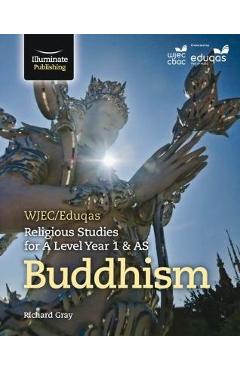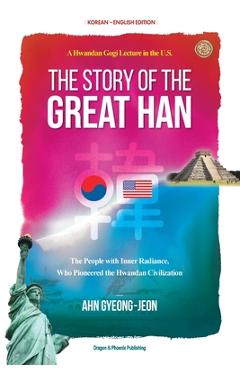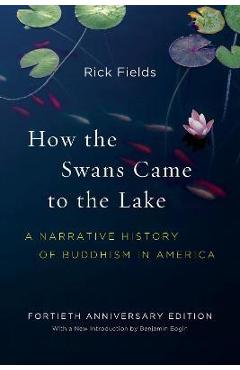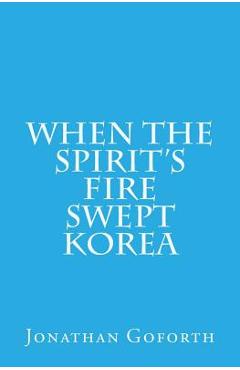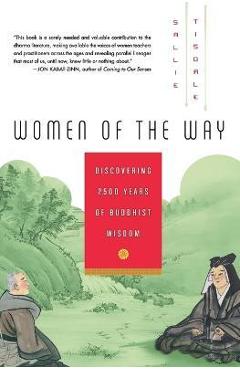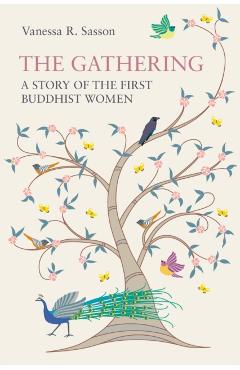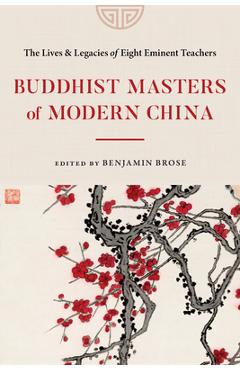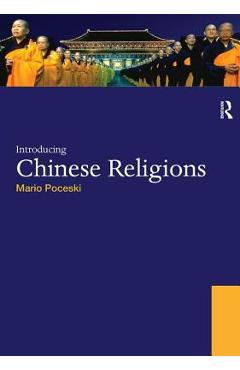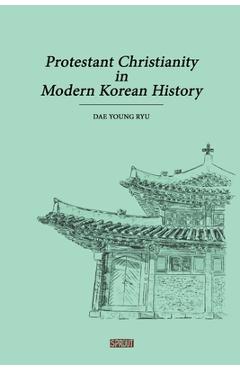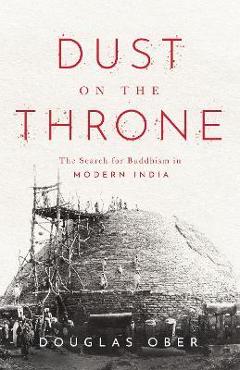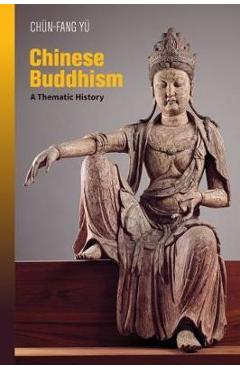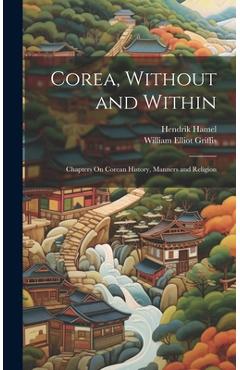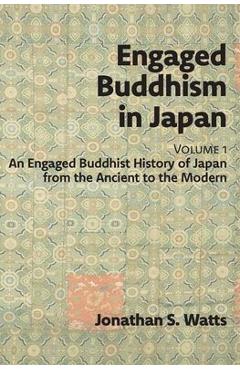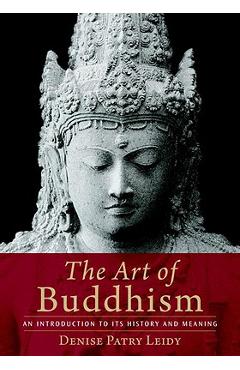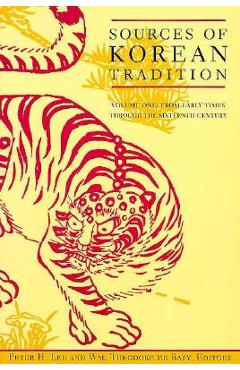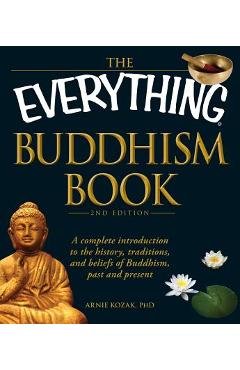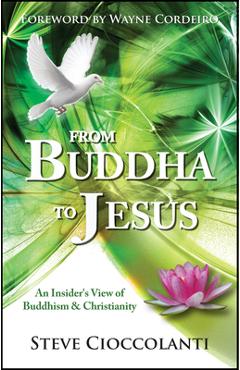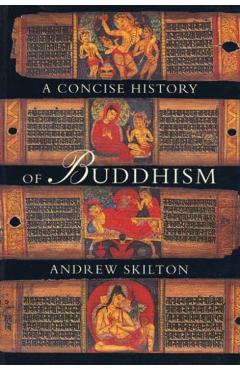Monks and Literati: The Transformation of Buddhism in Late Chosŏn Korea
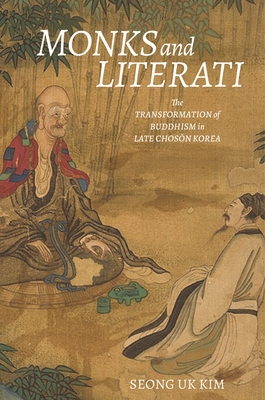
Monks and Literati: The Transformation of Buddhism in Late Chosŏn Korea
Scholars have long debated the relationship between Buddhist monks and Confucian literati during the late Chosŏn (seventeenth to nineteenth centuries), when the Korean state adopted anti-Buddhist policies. On the one hand, it is understood that literati openly displayed hostility toward monks and engineered their persecution; on the other, they were known to have privately supported Buddhism, helping the religion persevere, even thrive, in the Confucian society. In Monks and Literati, the first book-length study in English to provide a comprehensive survey of Buddhism in late Chosŏn Korea, Seong Uk Kim argues that such opposing views overemphasize the role of literati and depict monks as passive actors. Kim applies sociologist Ann Swidler's concept of repertoire--the social, cultural, and religious inventory of symbols, rules, and skills for constructing strategies of action--as an analytical tool to reconcile the two narratives and offer a more nuanced and comprehensive picture of the complex literati-monk relationship.
Kim examines the ways monks initiated and developed relationships with literati using their repertoire of cultural and religious resources. Monks adopted various roles, such as cultural companion, spiritual mentor, and ritual officiant, within and beyond the private realm of Confucian society and, in so doing, reaffirmed what it meant to be a monk and redefined what Buddhism could be at a time when monks' religious identities and activities were constantly being challenged. By avoiding the binary frame describing monks as either victims or beneficiaries of literati, Monks and Literati sheds new light on not only Korean Buddhism in the late Chosŏn but also more generally East Asian Buddhism, where a similar monk-literati paradigm has often been applied.PRP: 697.50 Lei
Acesta este Pretul Recomandat de Producator. Pretul de vanzare al produsului este afisat mai jos.
627.75Lei
627.75Lei
697.50 LeiIndisponibil
Descrierea produsului
Scholars have long debated the relationship between Buddhist monks and Confucian literati during the late Chosŏn (seventeenth to nineteenth centuries), when the Korean state adopted anti-Buddhist policies. On the one hand, it is understood that literati openly displayed hostility toward monks and engineered their persecution; on the other, they were known to have privately supported Buddhism, helping the religion persevere, even thrive, in the Confucian society. In Monks and Literati, the first book-length study in English to provide a comprehensive survey of Buddhism in late Chosŏn Korea, Seong Uk Kim argues that such opposing views overemphasize the role of literati and depict monks as passive actors. Kim applies sociologist Ann Swidler's concept of repertoire--the social, cultural, and religious inventory of symbols, rules, and skills for constructing strategies of action--as an analytical tool to reconcile the two narratives and offer a more nuanced and comprehensive picture of the complex literati-monk relationship.
Kim examines the ways monks initiated and developed relationships with literati using their repertoire of cultural and religious resources. Monks adopted various roles, such as cultural companion, spiritual mentor, and ritual officiant, within and beyond the private realm of Confucian society and, in so doing, reaffirmed what it meant to be a monk and redefined what Buddhism could be at a time when monks' religious identities and activities were constantly being challenged. By avoiding the binary frame describing monks as either victims or beneficiaries of literati, Monks and Literati sheds new light on not only Korean Buddhism in the late Chosŏn but also more generally East Asian Buddhism, where a similar monk-literati paradigm has often been applied.Detaliile produsului









